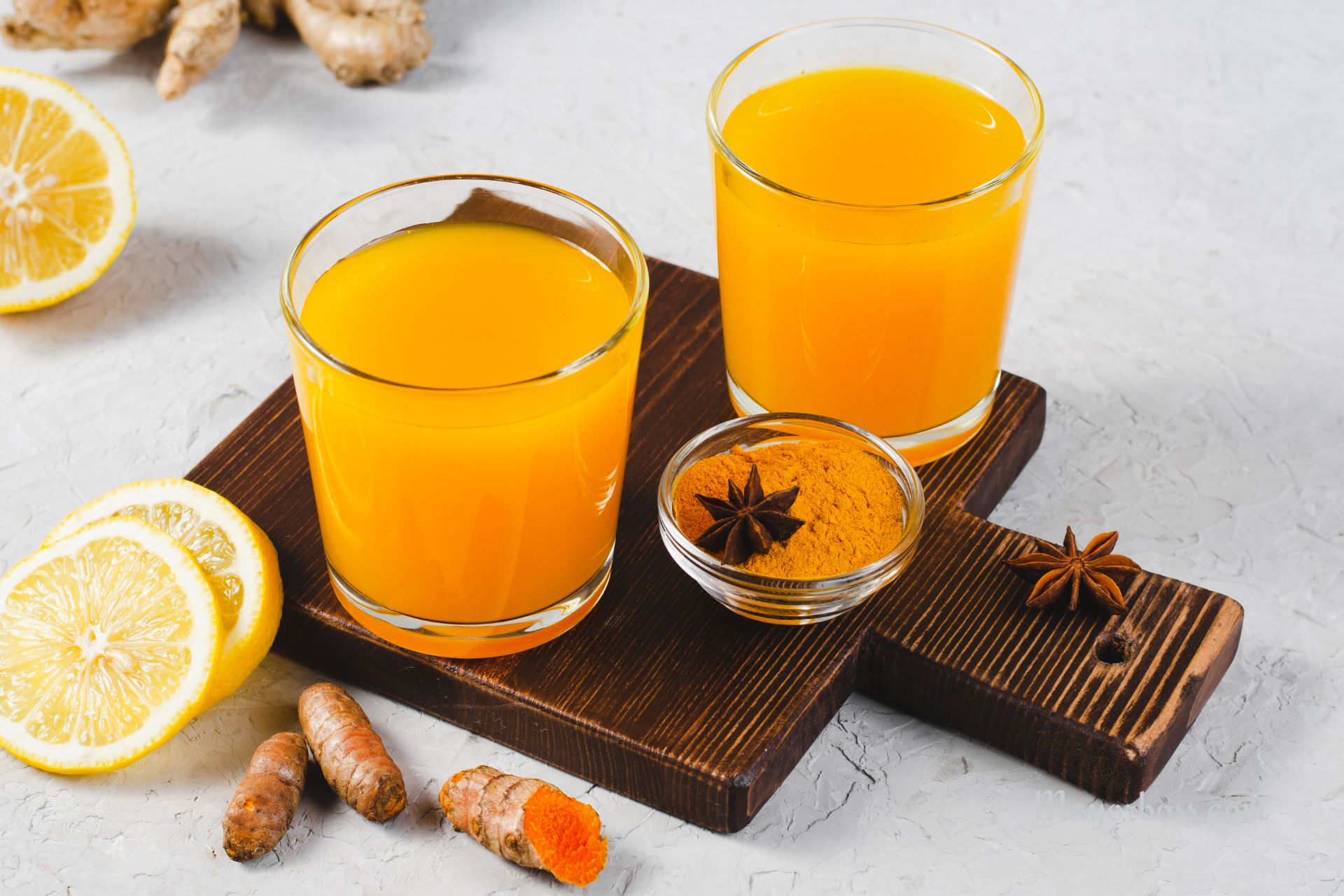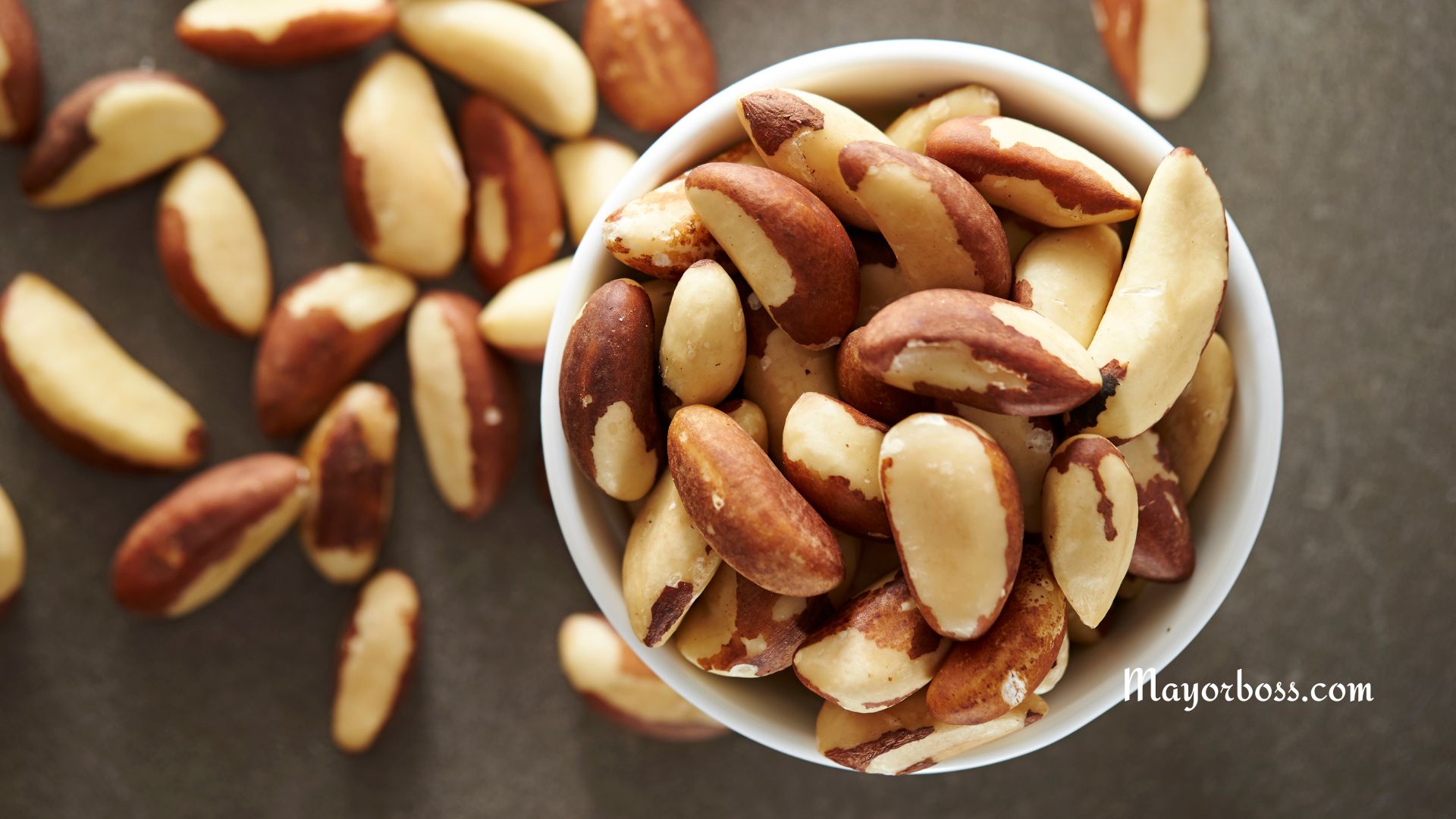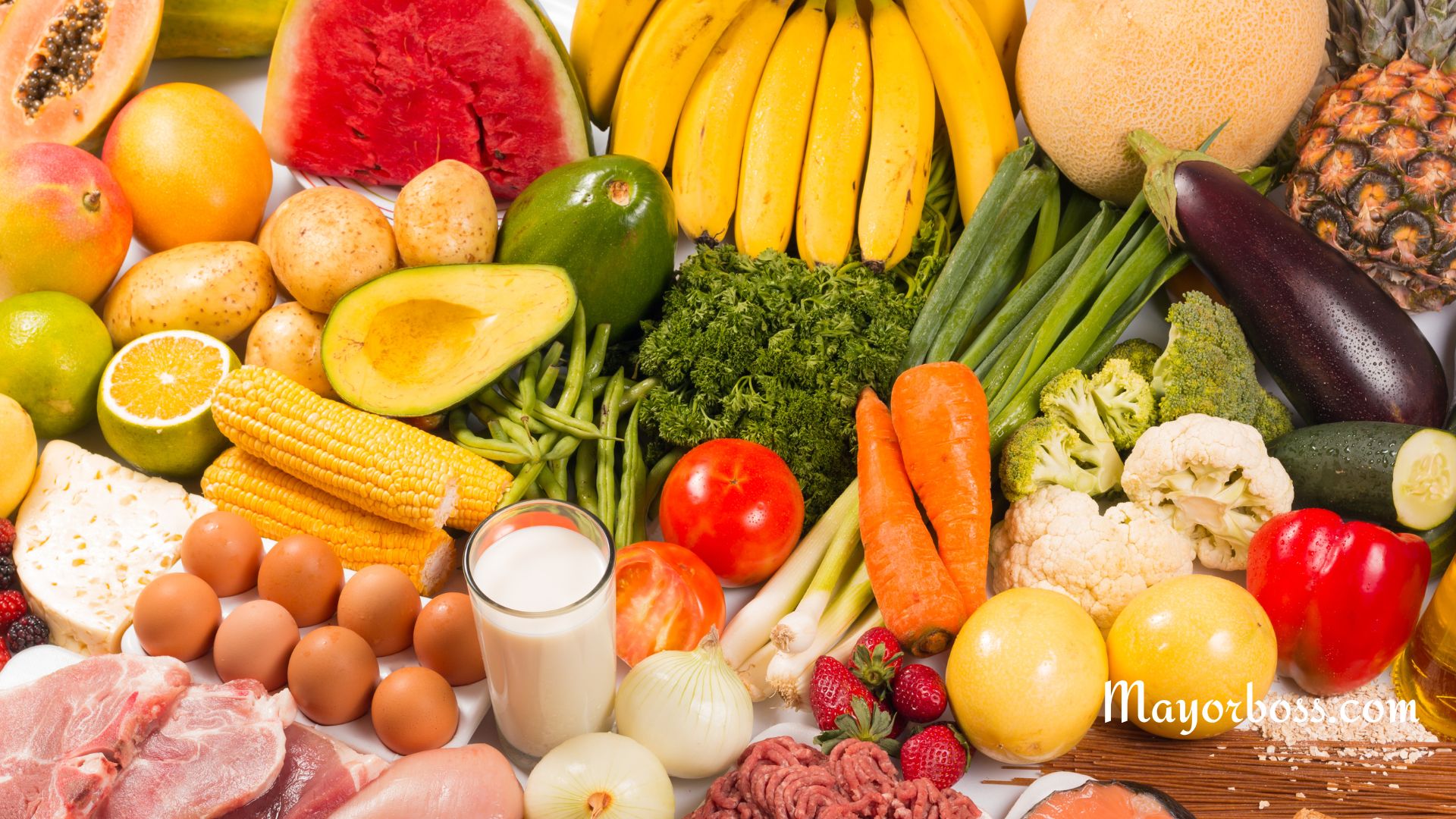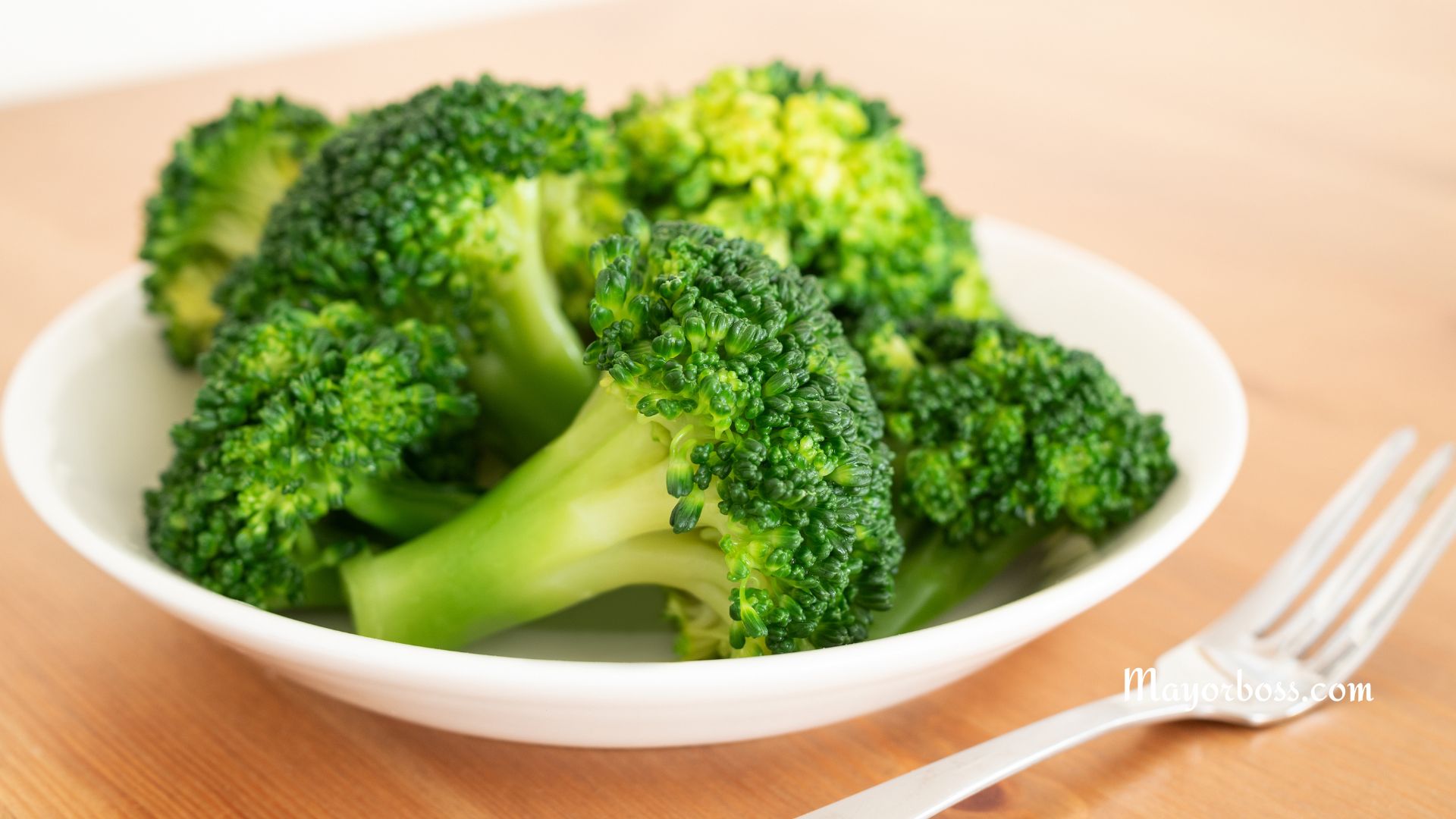This Vegetable Lowers Blood Pressure and High Cholesterol at the Same Time
When it comes to protecting your heart, food is one of your best tools. Among the many choices, one simple vegetable stands out—beetroot. It’s not just a colorful addition to your plate. Science shows that eating raw or juicing and roasting them can help lower both blood pressure and high cholesterol, two major risk factors for heart disease.
Keep in mind: more than 60% of people with high blood pressure also have high cholesterol, according to WebMD.

What Makes Beetroot So Special?
Beetroot is packed with powerful nutrients that support heart health. It contains natural nitrates, antioxidants, fiber, and important minerals like potassium and magnesium. These nutrients work together to support blood flow, reduce inflammation, and improve cholesterol balance.1
How Beetroot Lowers Blood Pressure
Beetroot is one of the richest sources of natural nitrates. Once you eat beetroot, these nitrates are converted into nitric oxide in your body. Nitric oxide relaxes the inner muscles of your blood vessels. This allows them to widen, improving blood flow and lowering blood pressure.
Several clinical studies have confirmed this effect. In fact, drinking a glass of beetroot juice can reduce blood pressure within hours. Regular intake has been shown to help maintain these lower levels over time, especially in people with high blood pressure.2
One study published in Hypertension found that participants who drank beetroot juice daily for four weeks saw a significant reduction in both systolic and diastolic blood pressure.3
How Beetroot Lowers High Cholesterol
Beetroot also helps manage cholesterol levels, particularly by reducing LDL (low-density lipoprotein), which is often called “bad” cholesterol.
Here’s how:
- Soluble fiber in beetroot binds to cholesterol in the digestive tract and helps remove it from the body.
- Antioxidants such as betalains protect LDL cholesterol from oxidizing. Oxidized LDL can damage blood vessel walls and lead to plaque buildup.
- Beetroot also supports liver function. A healthy liver processes fats and cholesterol more efficiently.
In one study, beetroot extract was shown to significantly lower total cholesterol and LDL levels in animal models. Though more human studies are needed, early findings are promising.4
Other Heart-Healthy Benefits of Beetroot
Beetroot doesn’t stop at blood pressure and cholesterol. It offers other benefits that support overall heart and circulatory health:
- Reduces inflammation: Chronic inflammation contributes to heart disease. Beetroot contains anti-inflammatory compounds that help calm this process.
- Improves exercise stamina: Better blood flow means your muscles receive more oxygen. Beetroot can improve endurance and energy levels.
- Supports healthy blood vessels: The combination of nitric oxide and antioxidants helps protect the delicate lining of your arteries.
The Best Ways to Enjoy Beetroot
You don’t need to make major changes to your diet to add beetroot. Here are some simple ways to enjoy it:
- Raw: Grate it into salads for a crunchy texture.
- Roasted: Slice and roast it with olive oil for a rich, earthy flavor.
- Juiced: Fresh beetroot juice is one of the most effective ways to get its heart-healthy benefits.
- Blended: Add it to smoothies for a natural sweetness and nutrient boost.
- Cooked: Steam or boil beetroot and add it to soups or side dishes.
You can even find beetroot powder as a supplement or natural food coloring, but whole food sources are always best.
A Note for Caution
While beetroot is safe for most people, there are a few things to keep in mind:
- Medication interactions: If you take medication for blood pressure, speak with your doctor before increasing your beet intake. The nitrates in beetroot can amplify the effect of these drugs.
- Kidney stones: Beetroot is high in oxalates, which can contribute to kidney stone formation in people prone to them.
- Beeturia: Don’t be alarmed if your urine or stools turn pink or red after eating beetroot—this is a harmless side effect.
Final Thoughts
Beetroot is more than just a vibrant vegetable. It’s a natural way to support your heart. Its ability to lower blood pressure and manage cholesterol makes it a smart choice for anyone concerned about cardiovascular health.
Whether you eat it raw, cooked, or juiced, beetroot is a simple addition to your daily meals with powerful benefits.






